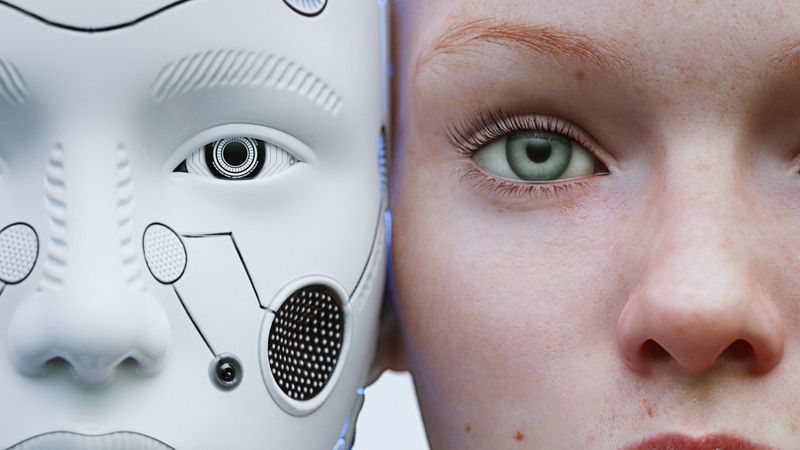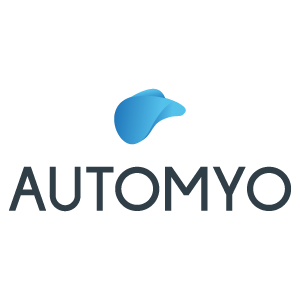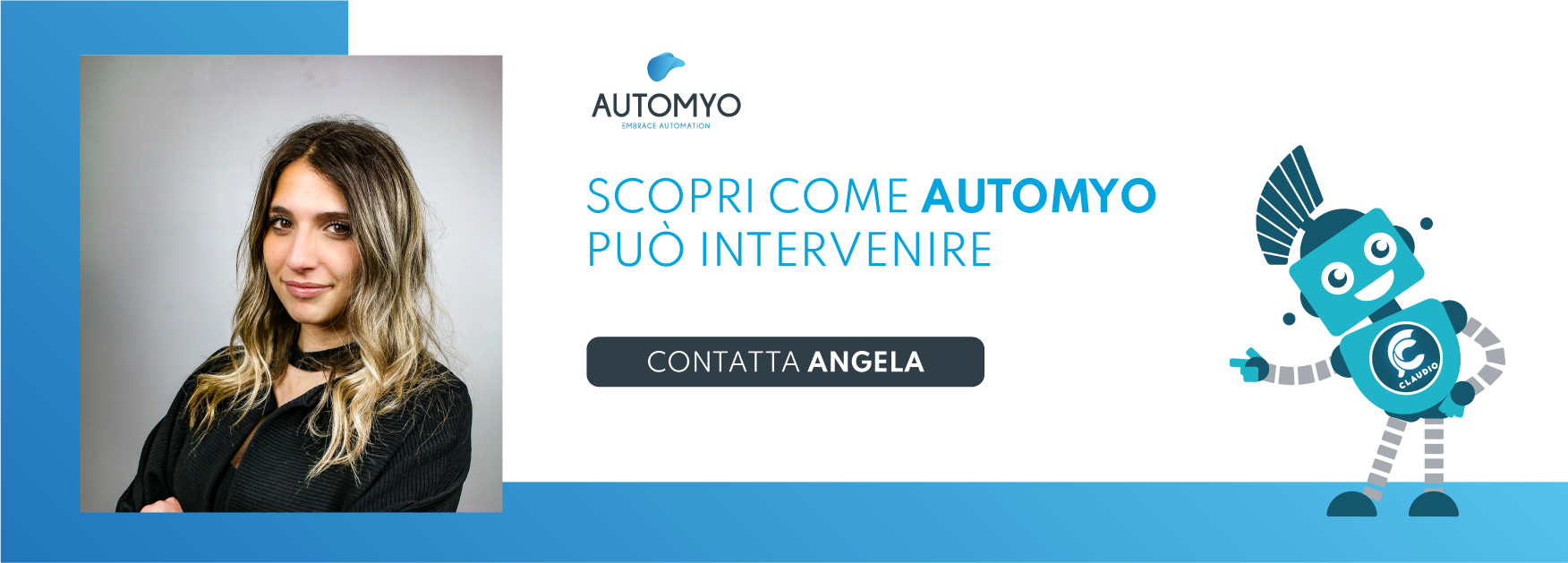
FIVE FALSE MYTHS ABOUT ARTIFICIAL INTELLIGENCE
With the advent of Chat Gpt, AI is at the center of conversations, without fear or restriction. There are those who support this innovative technology (which has roots in the 1950s), while others are constantly concerned that AI is the cause of the Apocalypse and the end of the world.
But which perspective is the right one? Which one is the wrong one?
We are faced with two completely different (and sometimes a tad exaggerated) opinions, however, there are objective facts that cannot be ignored, so let’s try to set the record straight. Just as in the case of automation, there are a number of false myths surrounding the topic. Myths that risk taking on their own life, probably fueled by fear of the unknown and science fiction films that show us a world dominated by machines. So today we are here to dispel some of these myths and shed light on such an important and timely topic.
The five false myths about AI:
1- Machines will rule the world and enslave us
Let’s start from the beginning. The fear that robots and machines will dominate the entire planet is perhaps the most common belief, fueled by what we see in movies. Although computers have capabilities that seem superhuman in some circumstances, we are still a long way from a future where they will replace us. Most AI algorithms are programmed to perform specific tasks and have no ability to perform others. The algorithms that deal with multiple tasks are advanced technologies and are only used by a few large companies; there is also a special attention to limit and circumscribe the field of companies of these algorithms.
So let’s keep calm: we will not be in a world where machines come to life; that will remain just an element of the films.
2- AI and robots will take our jobs.
As with automation, one of the biggest fears concerns the survival of human beings. The task of these technologies is to help professionals in their work and to decrease or eliminate repetitive, machinic, or dangerous human work. So let’s repeat together: no one is going to steal anyone’s job. Some professions will disappear, as has happened in the past with the evolution of technologies, but at the same time new ones will emerge.
It is a matter of evolution and adaptation.
3- AI is able to learn independently
There is a misconception that all AI can learn automatically without any human intervention. This is not possible in most cases. Collaboration between technology and people is the key to success; AI can develop machine learning, but in an assisted context, with a human team working to provide the appropriate data and continually update the software to advance the system and gain new knowledge.
4- AI is completely objective and devoid of opinion
AI is not a 100% objective system. Because it receives input from human beings, who may conceal their opinions, it is inevitable that human influences and biases will be reflected in the results. However, efforts are being made to minimize these biases and to form heterogeneous teams to eliminate such influences.
5- AI is only suitable for High Tech companies.
It is common to think that new technologies, including AI, are only suitable for technology companies that are already familiar with similar tools. But, an AI implementation can be suitable for any type of business, as it can help achieve business goals, solve problems, and support overall work. Not investing in such tools often means giving up forms of automation of repetitive jobs that require time and resources. In addition, AI has developed some creativity in creating images, content and even music tracks.
Conclusions
As we have seen, artificial intelligence is at the center of many legends that threaten to obscure its usefulness and the innovation it brings.
Among the pros and cons, risks and benefits, one of the main fears concerns the excessive invasiveness in our daily lives, and it is precisely for this reason that governments are taking action, in order to be able to curb any damage and risks.
Artificial Intelligence is a rapidly evolving field and, above all, it is a very complex world, so one must be careful not to fall into myths and unfounded beliefs. It is important to be informed and base one’s opinions on reliable facts and research in order to better understand the topic and have a clear and objective view.
Read also: Five false myths about automation

